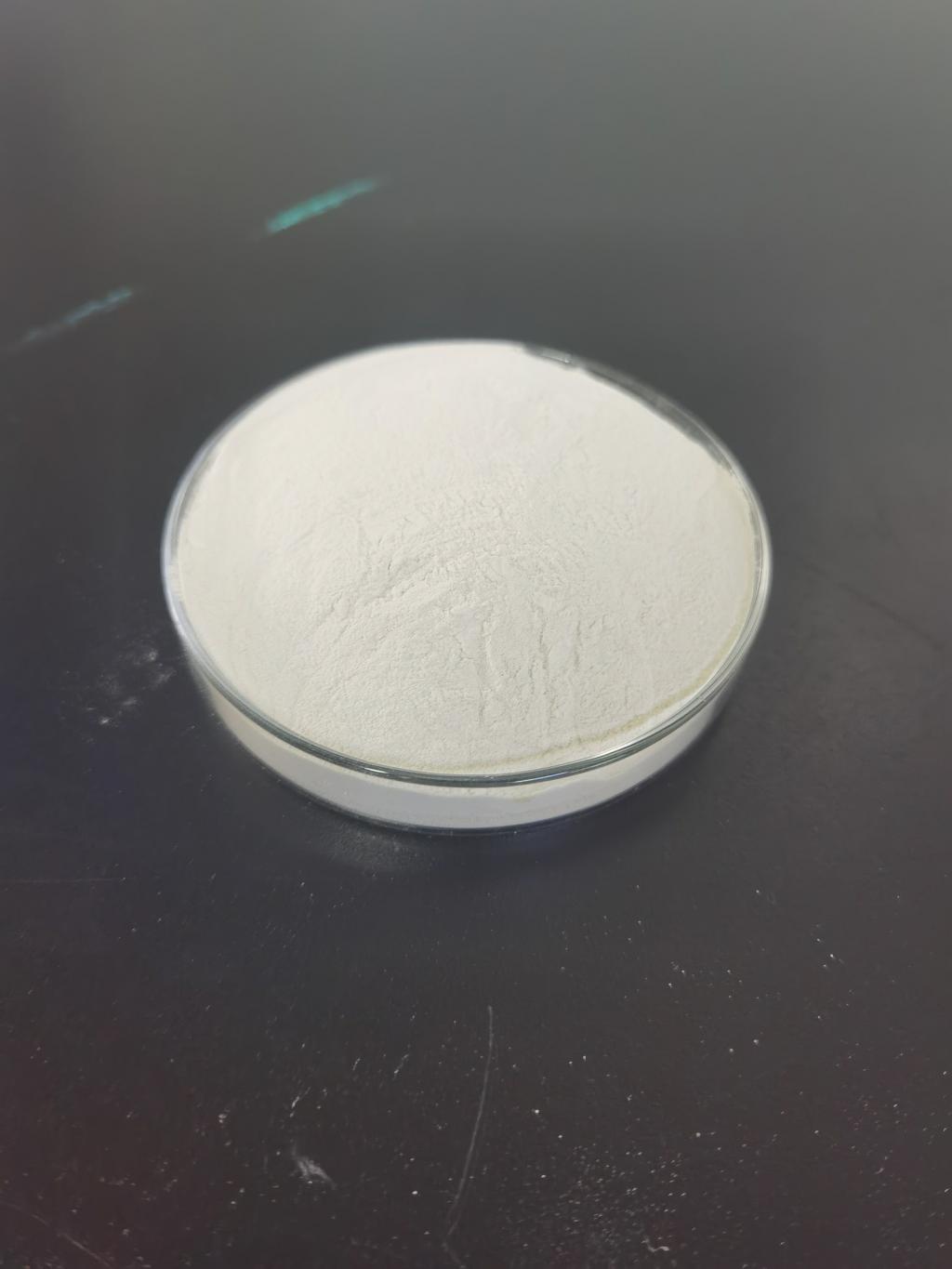Tel:+8618231198596

News
 CONTACT
CONTACT
 CONTACT
CONTACT
- Linkman:Linda Yao
- Tel: +8618231198596
- Email:linda.yao@dcpharma.cn
- Linkman:CHARLES.WANG
- Department:Overseas
- Tel: 0086 0311-85537378 0086 0311-85539701
News
Current Position:
Home >
News
>Nisin in Fermented Vegetables: A Probiotic Twist to Natural Preservation
Nisin in Fermented Vegetables: A Probiotic Twist to Natural Preservation
TIME:2023-12-21
1. Introduction:
The practice of fermenting vegetables dates back to ancient civilizations, where it served as a means to preserve seasonal produce. With the advent of modern food science, researchers have uncovered the health benefits associated with fermented foods, attributing them to the presence of probiotics—beneficial microorganisms that confer health advantages when consumed. Nisin, a naturally occurring antimicrobial peptide, has gained attention for its role in fermented vegetables, providing both preservation and potential probiotic benefits.
2. The Art and Science of Vegetable Fermentation:
Vegetable fermentation involves the activity of lactic acid bacteria, which convert sugars into lactic acid, creating an acidic environment that inhibits the growth of spoilage microorganisms. This natural preservation method not only extends the shelf life of vegetables but also enhances their flavors and textures. The integration of probiotics into this process adds a new dimension to the health benefits of fermented vegetables.
3. Nisin: Nature's Preservative:
Nisin, a peptide produced by certain strains of lactic acid bacteria, primarily Lactococcus lactis, serves as a natural antimicrobial agent. Its ability to inhibit the growth of a wide range of Gram-positive bacteria, including foodborne pathogens, makes it an effective preservative. The incorporation of nisin into the fermentation process enhances the safety and stability of fermented vegetables, providing an eco-friendly alternative to chemical preservatives.
4. Probiotic Potential of Nisin:
Beyond its role as a preservative, nisin exhibits characteristics that align with the definition of probiotics. Probiotics are live microorganisms that, when administered in adequate amounts, confer health benefits to the host. Nisin-producing bacteria in fermented vegetables can potentially act as probiotics, promoting gut health and enhancing the overall well-being of consumers.
5. Mechanisms of Action:
Understanding the mechanisms of action of nisin in both preservation and probiotic contexts is crucial. Nisin acts by disrupting the cell membranes of target bacteria, leading to cell death. In the gut, it may modulate the composition of the microbiota, promoting the growth of beneficial bacteria and inhibiting the proliferation of harmful pathogens. This dual action makes nisin a unique component in the realm of food science.
6. Challenges and Considerations:
While the potential benefits of nisin in fermented vegetables are promising, there are challenges and considerations that need to be addressed. These include regulatory aspects, consumer acceptance, and the need for standardized production processes to ensure the consistent delivery of nisin and probiotic effects.
7. Future Directions and Research Opportunities:
The exploration of nisin in fermented vegetables opens avenues for future research. Investigations into optimal fermentation conditions, genetic modification of strains to enhance nisin production, and clinical studies to validate probiotic effects are areas that warrant attention. Additionally, collaborative efforts between food scientists, microbiologists, and health professionals can contribute to a holistic understanding of the impact of nisin on both food preservation and human health.
8. Conclusion:
In conclusion, the integration of nisin into the fermentation process of vegetables presents a novel approach to natural preservation with added probiotic benefits. This convergence of traditional food preservation methods and modern health perspectives underscores the potential for synergistic outcomes in the realm of food science. As research advances, a deeper understanding of nisin's role in fermented vegetables will not only contribute to the development of healthier food products but also pave the way for sustainable and eco-friendly food preservation practices.
- Tel:+8618231198596
- Whatsapp:18231198596
- Chat With Skype







